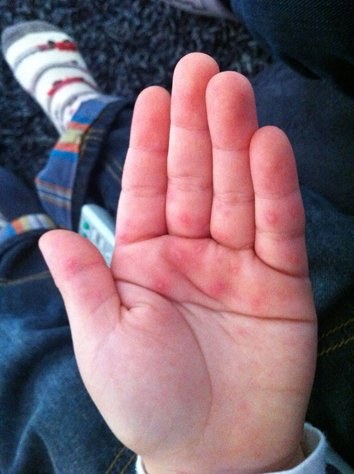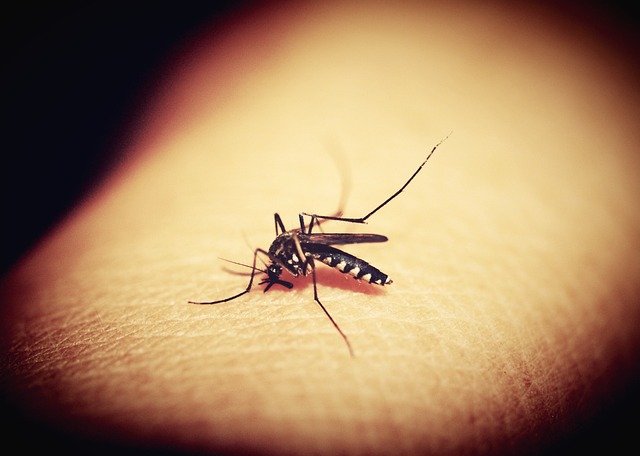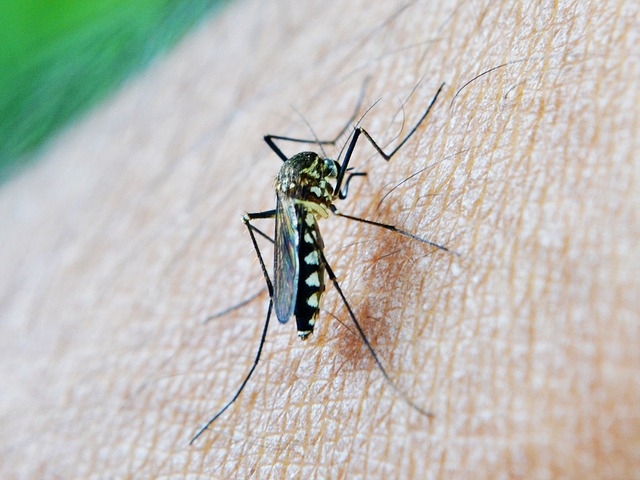Here are 7 important things parents should know about Hand, Foot and Mouth Disease (HFMD), a common viral illness in children, often seen in school outbreaks:
- HFMD is typically caused by viruses, most commonly the coxsackie virus. It spreads through nose and throat secretions, fluid in blisters, stool, and contaminated food or drinks.
- Symptoms usually appear 3 to 6 days after exposure, including fever for 2 to 4 days with flu-like symptoms, lack of appetite, and blisters on the tongue, gums, and the inside of the cheeks. Blisters, which can break and become ulcers, may also appear on the palms of the hands, soles of the feet and buttocks.
- While HFMD is usually mild and lasts up to a week, blisters can be painful. In rare cases, it can lead to serious complications like meningitis, encephalitis, paralysis, myocarditis, and death.
- Adults are typically immune due to antibodies created from previous exposure.
- Children diagnosed with HFMD should refrain from attending school for at least one week or until all blisters have fully healed. While there are no specific medications for HFMD, treatment focuses on alleviating symptoms like fever and pain.
- To minimize the risk of contracting and spreading the virus, it’s essential for parents and caregivers to wash their hands regularly, particularly after tending to children’s noses or mouths. Additionally, avoid sharing utensils with infected individuals and steer clear of close contact with those known to be infected.
- Those who work with children, such as caregivers and cooks, should maintain short nails and refrain from wearing rings or bracelets while on duty. Additionally, they should consistently wash their hands with soap before eating, using the restroom, or coming into contact with children’s stool, nasal discharge, or saliva. It’s also advisable for them to undergo annual medical check-ups to ensure their health and well-being.





